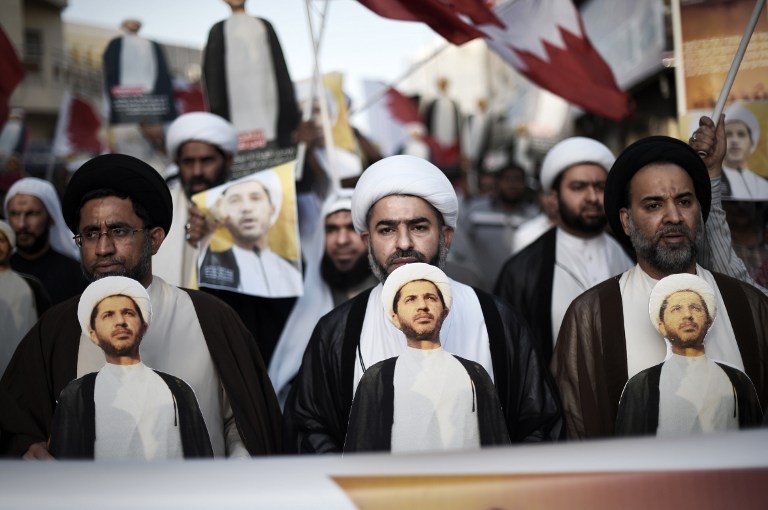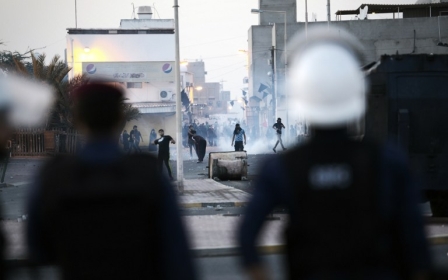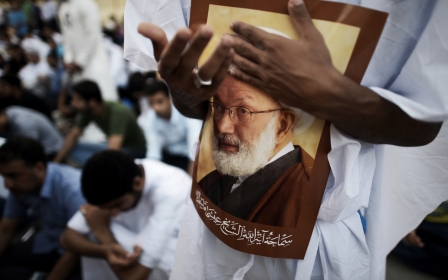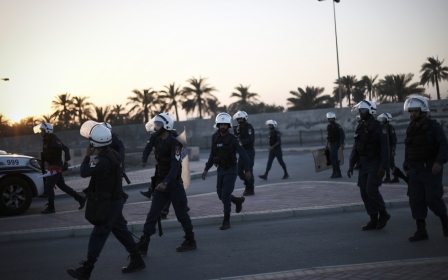Bahraini court to rule on break up of main opposition party next week

A Bahraini court will hand down its verdict next week in the government's bid to dissolve the main opposition group al-Wefaq, accused of harbouring "terrorism," a judicial source said on Monday.
The date of 17 July was set as the court convened in the absence of the defence team which walked out last month in protest at the government's push to accelerate the process originally scheduled to begin in October.
The US has called on Bahrain to reconsider the move to dissolve Wefaq, which it has called "alarming".
Last week, members of the European Parliament voted overwhelmingly to condemn what was described as the Bahraini government's "ongoing campaign of repression".
Their motion called for the immediate release of Wefaq's leader, Sheikh Ali Salman, who has been in prison since 2015 after he was convicted of inciting hatred, promoting disobedience and insulting public institutions.
In May, an appeals court more than doubled a four-year prison sentence handed down to Salman on charges of inciting violence.
Wefaq was the largest bloc in parliament before its MPs resigned in protest at the crushing of 2011 protests calling for an elected government in the Sunni-ruled kingdom.
The justice ministry has accused the Shia bloc of providing a haven for "terrorism, radicalisation and violence" and opening the way for "foreign interference" in the kingdom's affairs.
That was an allusion to Iran, which Bahrain accuses of fomenting unrest among its Shia majority.
Meanwhile, authorities on Monday freed Sunni opposition leader Ibrahim Sharif after he served a one-year jail term for anti-government incitement, opposition activists said.
Sharif, who headed the secular Waed party, already served four years of a five-year sentence over the 2011 protests before being released under a royal amnesty last June.
But he was re-arrested the following month after he addressed a memorial service for one of those killed during the suppression of uprisings in the kingdom in February and March 2011.
Middle East Eye propose une couverture et une analyse indépendantes et incomparables du Moyen-Orient, de l’Afrique du Nord et d’autres régions du monde. Pour en savoir plus sur la reprise de ce contenu et les frais qui s’appliquent, veuillez remplir ce formulaire [en anglais]. Pour en savoir plus sur MEE, cliquez ici [en anglais].




